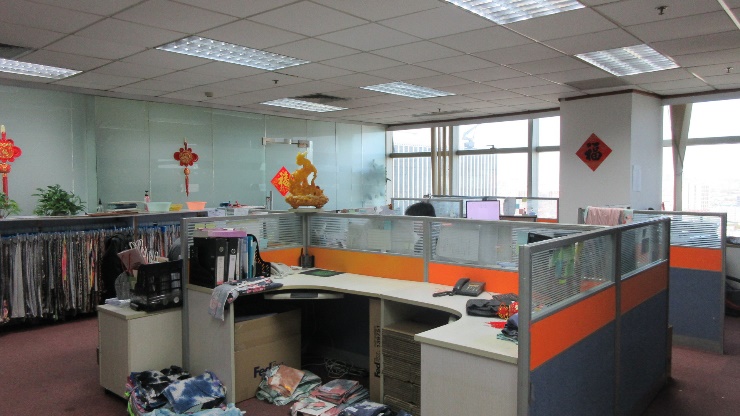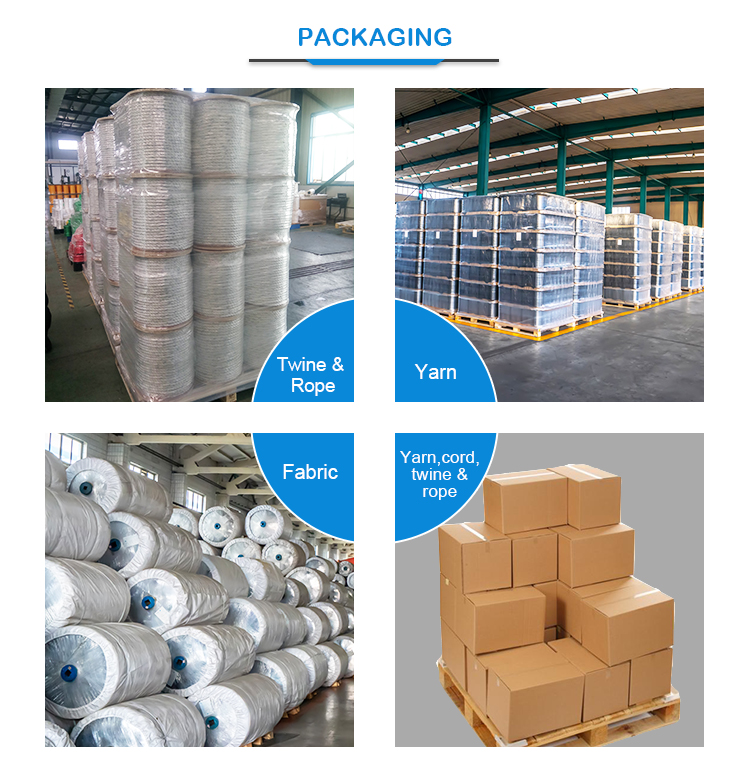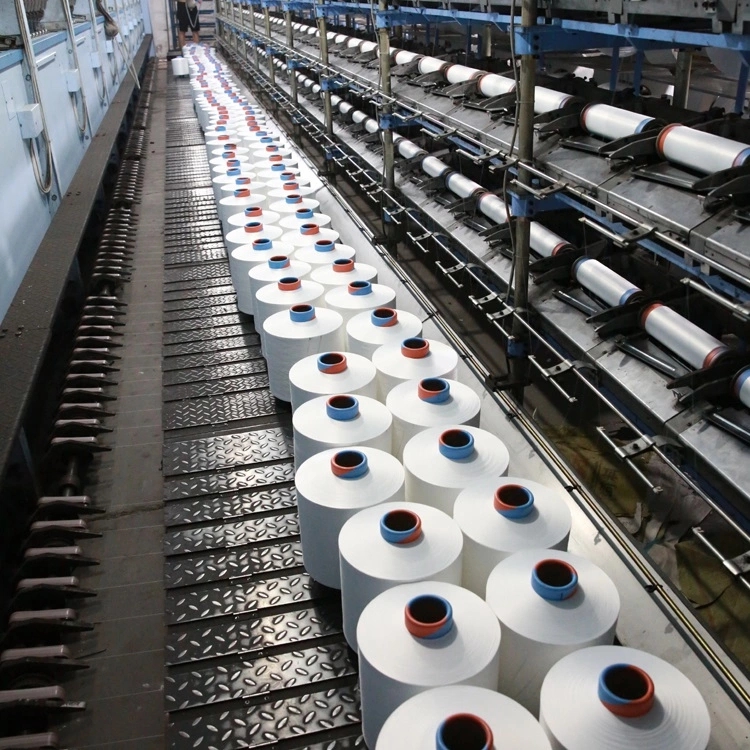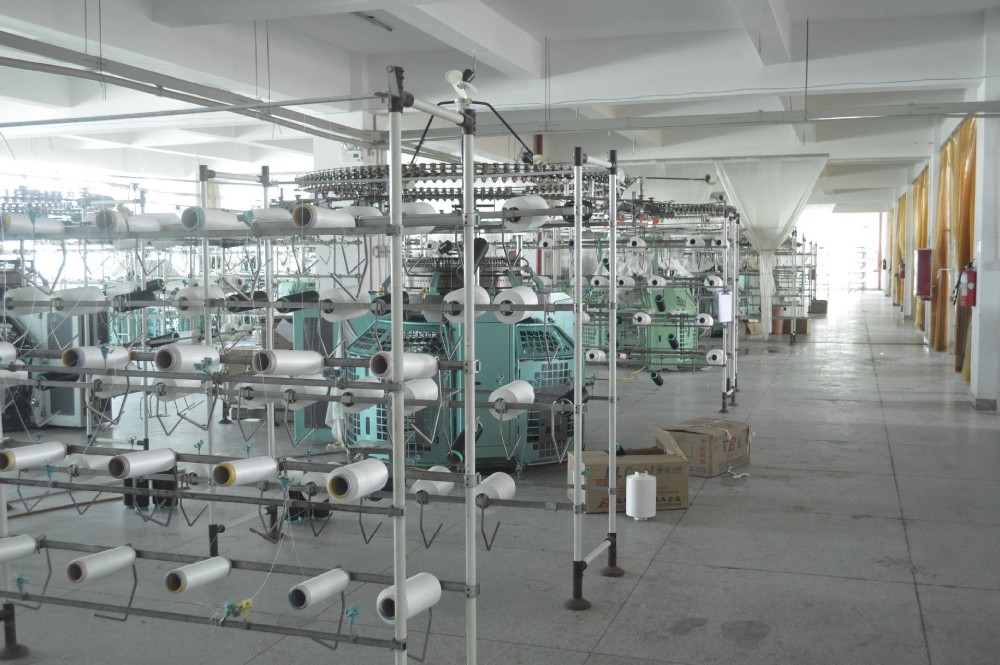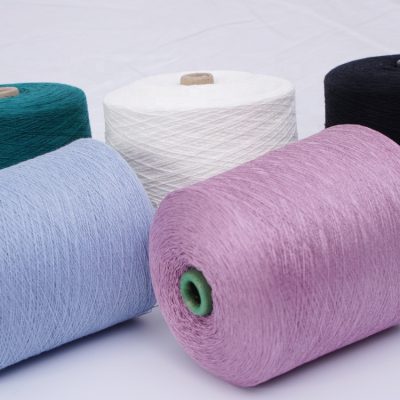
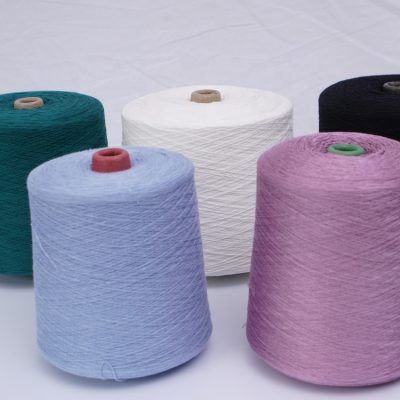
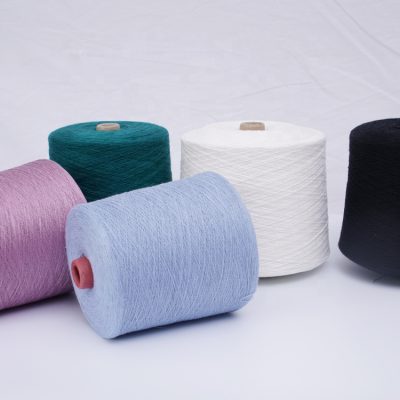
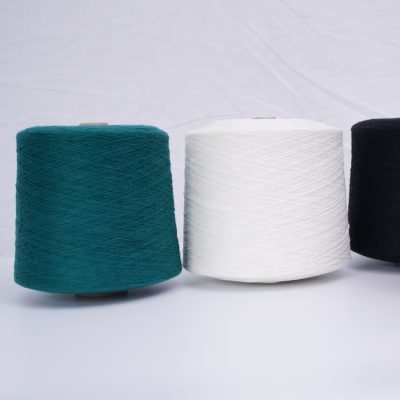
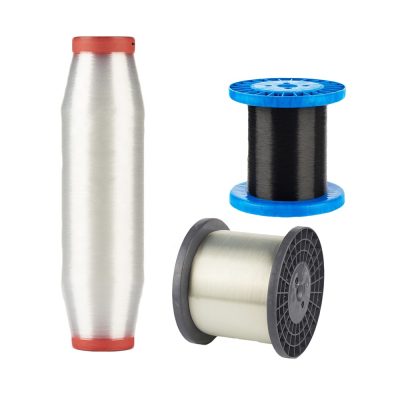
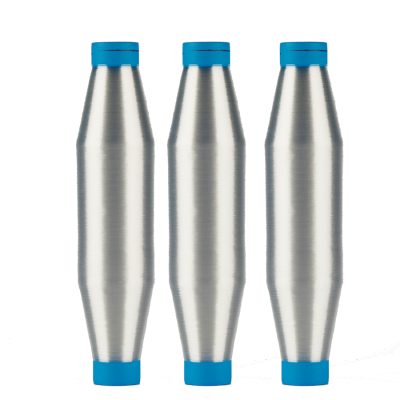
| Item Name | Professional supplier colorful polyester yarn |
| Material | polyester |
| Colors | Optional |
| Specification: | 55D/2 |
| MOQ | 13 |
| Denier | 500D-1000D |
| Use | Knitting,Weaving,Sewing |
| Certificate | oeko-tex standard 100,OEKO, ISO9001, SGS,Global Recycled Standard |
| OEM/ODM service | Accept |
| Wight | 2.15KG |
| Payment Term | LC,DA,DP,TT,Western Union |
| Delivery time | 5-10days |
Polyester yarn refers to the yarn spun from polyester. Polyester is a fiber made by spinning a type of polymer. Mostly refers to the fiber produced with ethylene phthalate as the raw material. According to the English of its raw material The abbreviation of the name “polyethylene terephthalate”, and the abbreviation “PET” fiber. It is commonly called polyester in our country. Usually the so-called “yarn” actually refers to the collective term of “yarn” and “thread”. It is defined as follows in the science of clothing materials: “Yarn” is the arrangement of many short fibers or filaments in an approximately parallel state, and along the axial direction Rotation and twisting form a slender object with a certain strength and linear density; while “thread” is a strand formed by twisting two or more single yarns. Yarn is made of cotton, wool, hemp, chemical fiber, etc., which are stretched and twisted into thin strands (usually used as the raw material for weaving), and then twisted into multiple strands of cotton, hemp, silk, wool and other fine strands of materials Thin strands are called lines. Fiber has two major characteristics: For example, it undergoes small partial deformation during bending and twisting, and shows considerable deformation even within the elastic range during overall stretching. So simply speaking, the fiber is thin and long, that is, the diameter is so thin that it cannot be directly observed by the naked eye, and the ratio of its length to the diameter is more than tens of times.
The current polyester yarns have poor antibacterial and abrasion resistance. Therefore, the antibacterial and abrasion resistance of woven products are also poor, which is difficult to meet people’s needs. Polyester fabrics are widely used in various textiles and clothing fabrics because of their high strength, good resilience, excellent abrasion resistance, good dimensional stability and good wrinkle resistance.
